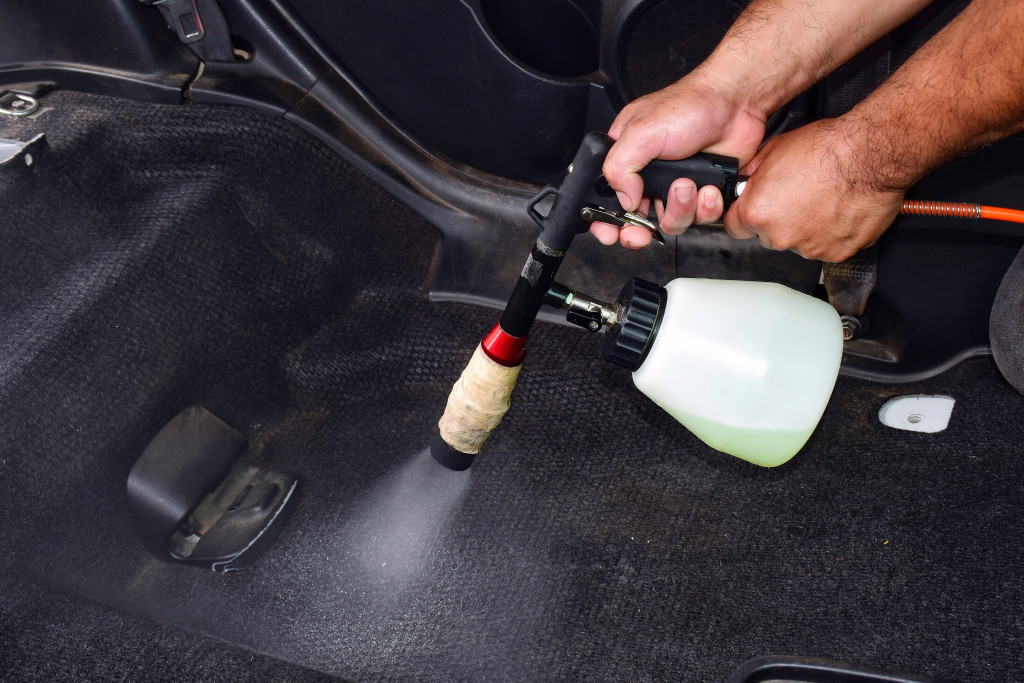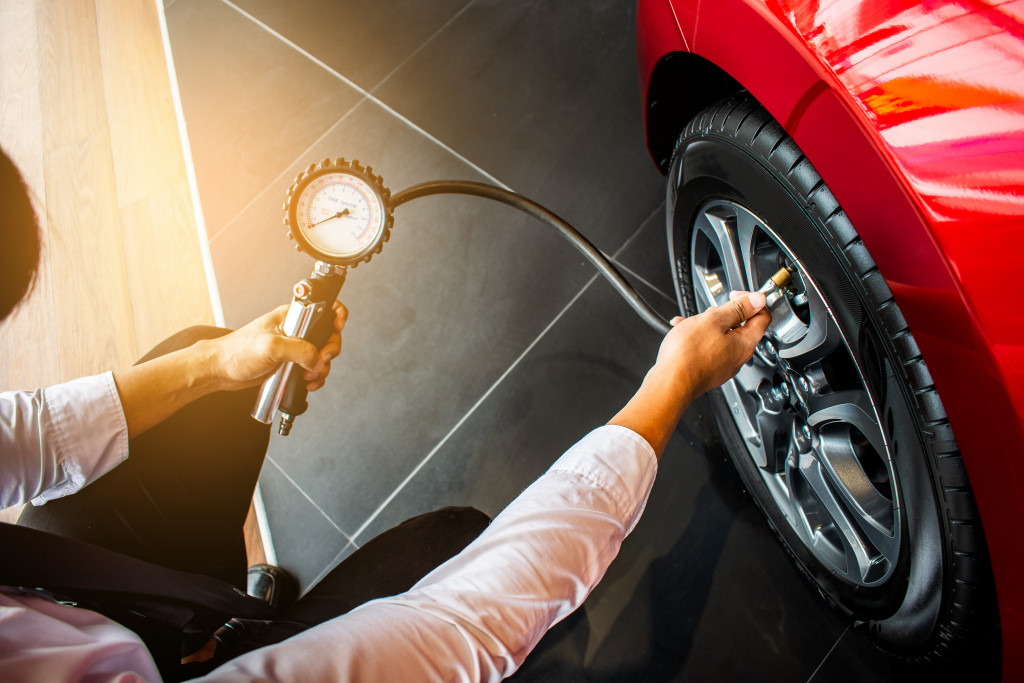There’s a reason some people call cars “death machines.” Thousands of people die of traffic accidents every year. But that’s more of a motorist problem than it is the cars; after all, there are always people behind the wheels. And although there could be many factors contributing to what can cause road accidents, it almost always has something to do with improper maintenance.
You must understand that cars are man-made inventions, which means they can break because of eventual wear and tear. That’s why it’s important to make sure that you’re doing everything you can to maintain your car and keep it in peak condition. This way, you can enjoy driving your vehicle for a longer time.
If you’re not sure where to begin with performing regular car maintenance, you’ve come to the right place. Here are four tips you can use to keep your car looking fresh and brand-new:
Schedule Regular Tune-ups
When people grow older, their natural bodily processes may start to slow down, causing them to lose the ability to do something they could do before. Cars are the same way. After months or years of continuous use, cars can lose their ability to perform in peak condition, especially if they aren’t being maintained.
Fortunately, it’s easier to fix or replace car parts than it is for body parts. So, you have to make sure that you’re scheduling regular tune-ups for your car because the professionals may see something that you don’t. And because you’re having it checked regularly, you can avoid encountering serious car health problems that can no longer be amended.
Look out for Signs of Damage
As mentioned earlier, cars can break because of eventual wear and tear. Plus, many external factors can affect your vehicle’s performance, such as small rocks in the engine, animals seeking shelter under the hood, or constant exposure to the natural elements. All these can cause your car to sustain damages in the process.
That’s why you should always be on the lookout for any signs of damage. For instance, if you notice that your brakes are squealing or thumping out of the blue, then you shouldn’t think twice about taking it to an auto mechanic shop for a brake service. It can be hazardous to drive with a malfunctioning brake, not only for you but also for other motorists and passengers on the road.
Keep an Emergency Kit in the Trunk
When you get a cut on your finger or a scratch on your knee, you immediately search for some antiseptic and bandages. The same thing can apply to minor car emergencies. If your battery dies out or if you get a flat tire, having an emergency kit inside your trunk can do wonders for your situation.
Your emergency kit should have a set of sockets and screwdrivers, tow strap, jumper cables, tire pressure gauge, and duct tape, among others. It can also be great if you have a flashlight in the emergency kit because you never know if you’ll need to make sudden repairs in the dark.
Maintain Cleanliness at All Times

While cleaning your car won’t affect its performance, it can affect the overall appearance of your car. Washing and waxing your car at least once a week may help you keep it looking brand-new, which can be a good habit to enforce. Plus, it won’t be a source of embarrassment if ever you have other people riding in your car.
Aside from keeping your car’s exteriors clean, you should also pay attention to the interior area. This can include the floor mats and carpeting, seats, and the inside of the windows. Simply using a drive-thru car wash won’t help you in this area, which is why you have to take matters into your own hands. So you might want to invest in a portable vacuum for your car.
You may treat your car as a source of pride, but you must know that you’re responsible for making sure that it’s safe to be driven. By eliminating the possibility of causing accidents because of improper maintenance, you can do your part in reducing the number of road-related deaths occurring every year.
Practicing these maintenance habits may seem like a handful at first, but over time, you’ll be able to do them like clockwork. So, don’t lose hope if you can’t get the hang of them at first. Instead, use tricks that will help you remember them, such as setting alarms or marking the tune-up dates on your calendar.

